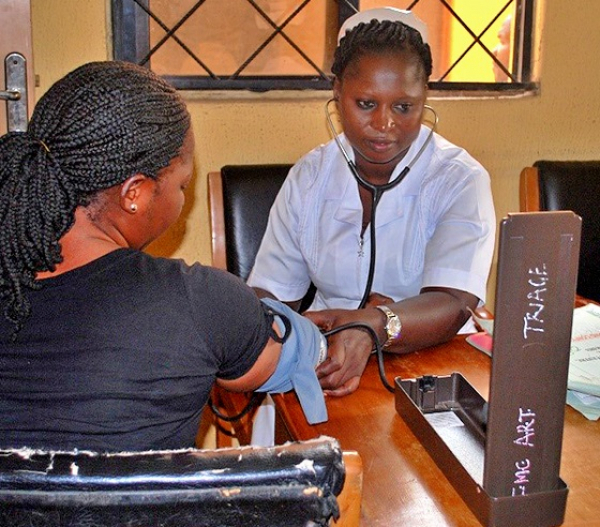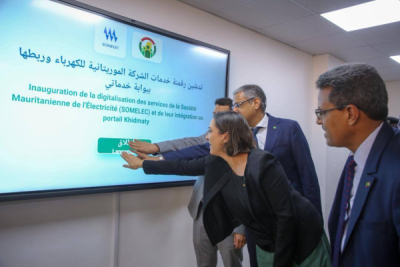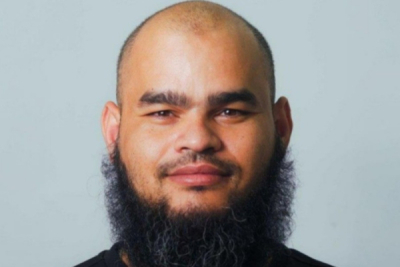In Africa, the stigmatization of HIV-positive people hinders the effective control and prevention of AIDS. In Nigeria, where nearly 1.9 million people are HIV-positive, technology has demonstrated its ability to improve their care.
Nigeria’s institute of human virology (IHVN) and healthtech startup Vantage Health Technologies revealed, Thursday (June 2), their successful implementation of an AI-powered project to keep HIV-positive people on effective and sustained treatment. Thanks to an AI-powered solution developed by Vantage, the IHVN was able to predict and “positively influence the behavior of high-risk HIV/AIDS patients.”
“The Patient Retention Solution is an AI-driven model that uses data from patient history to predict if patients will miss their next clinic appointment with the assumption that missing the appointment means the patient will drop off treatment as they are not present to collect their medication,” explains Annika Lindorsson Krugel, Solutions Manager of Vantage Health Technologies.
Once the prediction is completed, a list of the patients most likely to miss their appointments is transmitted to clinical staff who would then take action to prevent the likely outcome. They for instance call or send SMS to patients, and even visit the patients that do not have phones. Interviews are also carried out to provide psychological support to every at-risk patient before an appointment.
For Mercy Omozuafoh, Programme Manager for Care and Support with the IHVN, “the project has demonstrated the effectiveness of proactive tracking of Patients Living with HIV (PLHIV).” It “has made us understand the importance of interventions we are implementing,” she adds.
“The predictive model was rolled out to about 30,000 patients at the General Hospital Kudwa at Bwari in the Federal Capital Territory, the Dalhatu Araf Specialist Hospital in Lafia in the Nasarawa State, and General Hospital Ahoada in the Rivers State,” a press release informs.
“Our estimate shows that between 1.8 to 1.9 million Nigerians are currently living with HIV/AIDS. Of this number, 1.6 million are already on treatment. So, we have 300,000 more to go,” the national AIDS control agency NACA’s boss Dr. Gambo Gumel Aliyu told The Guardian ahead of World AIDS Day 2021.
According to the Joint United Nations Programme on HIV/AIDS (UNAIDS), one of the challenges in combating the epidemic in Africa remains keeping HIV-positive people on sustainable treatment. Also, according to a case study by Dartmouth Institute for Health Policy and Clinical Practice, the main barriers to treatment adherence “included stigma, side-effects, logistical challenges, economic barriers, and forgetfulness.”
“The study found that caregiver support, peer support, and understanding one’s status helped patients overcome these barriers,” it concluded (according to a release published by Vantage Health Technologies).
Ruben Tchounyabe



















